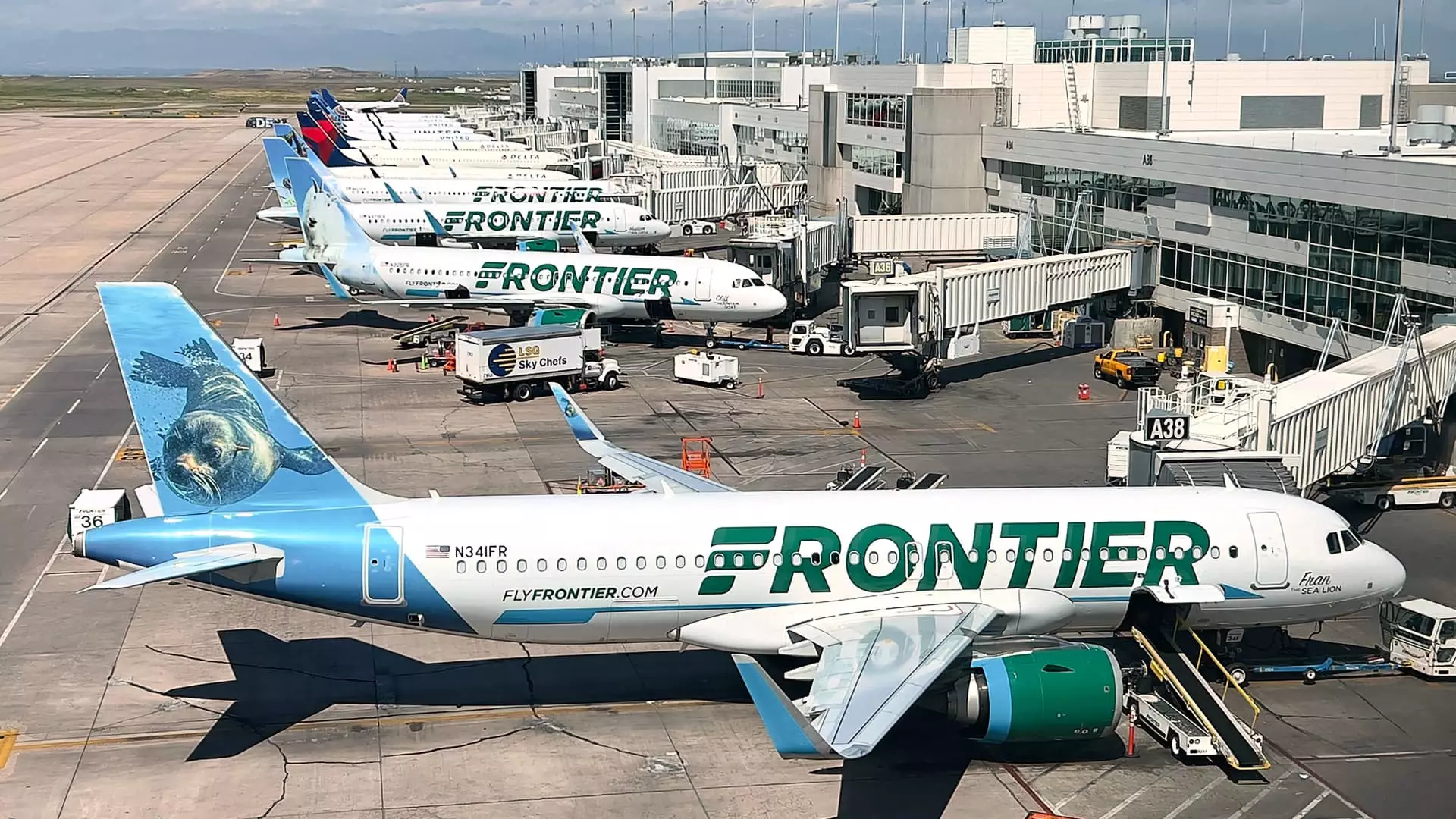As travelers increasingly seek comfort and exclusivity while flying, budget airlines are re-evaluating their strategies to accommodate these desires. Frontier Airlines, an established player in the low-cost air travel arena, is taking significant strides to capture a new segment of the market by introducing first-class seating. This decision comes at a pivotal time when airlines are competing fiercely for a base willing to pay for additional amenities.
In September, Frontier will commence a project to transform its existing cabin layout by eliminating the first two rows of its typical three-by-three economy seating to create four first-class seats arranged in a more spacious two-by-two configuration. This overhaul not only aims to improve passenger comfort but also seeks to position Frontier Airlines as a more viable choice for travelers who appreciate added legroom and a more intimate seating arrangement. CEO Barry Biffle has strategically identified this move as a necessary pivot to enhance the airline’s revenue model, which has previously been criticized as underwhelming.
Alongside the introduction of first-class seats, Frontier is revitalizing its loyalty program, enhancing the experience for frequent flyers. Starting with complimentary seat upgrades for gold level members and higher, as well as free companion tickets for those at the platinum and diamond levels, the airline aims to foster customer loyalty. This strategic enhancement is designed to entice existing customers while attracting new ones, as many travelers increasingly consider airline loyalty programs when deciding where to purchase tickets.
The financial implications of these changes are promising. Frontier anticipates that the new initiatives could contribute approximately $250 million in revenue by 2026 and potentially more than $500 million by 2028. Biffle has expressed confidence in the projected outcomes, remarking that despite Frontier’s status as a low-cost airline, the introduction of these premium offerings can significantly boost profitability. Notably, it’s anticipated that these first-class seats will be especially appealing on long-haul cross-country flights, where comfort is sought after most.
Frontier’s transition to include first-class options places it in direct competition with larger carriers like Delta and United, which dominate the market with their premium offerings. While Frontier may emphasize lower pricing on its premium seats, it simultaneously faces pressure to provide comparable perks like meals and service quality that higher-tier airlines offer. The spirit of competition is not limited to major airlines; even fellow budget airline Spirit Airlines, which recently filed for bankruptcy, has introduced its own “Big Front Seat.” This environment underscores the necessity for Frontier to not only offer first-class seating but also to ensure that its value proposition remains appealing against a backdrop of varying airline services.
As Frontier Airlines embarks on this ambitious transformation, it reflects the broader trends within the industry towards improved passenger experiences and financial viability. The integration of first-class seating and an upgraded loyalty program are calculated moves aimed at reshaping the airline’s identity and enhancing its competitiveness in a market that increasingly prioritizes customer comfort alongside cost-effectiveness.


Leave a Reply